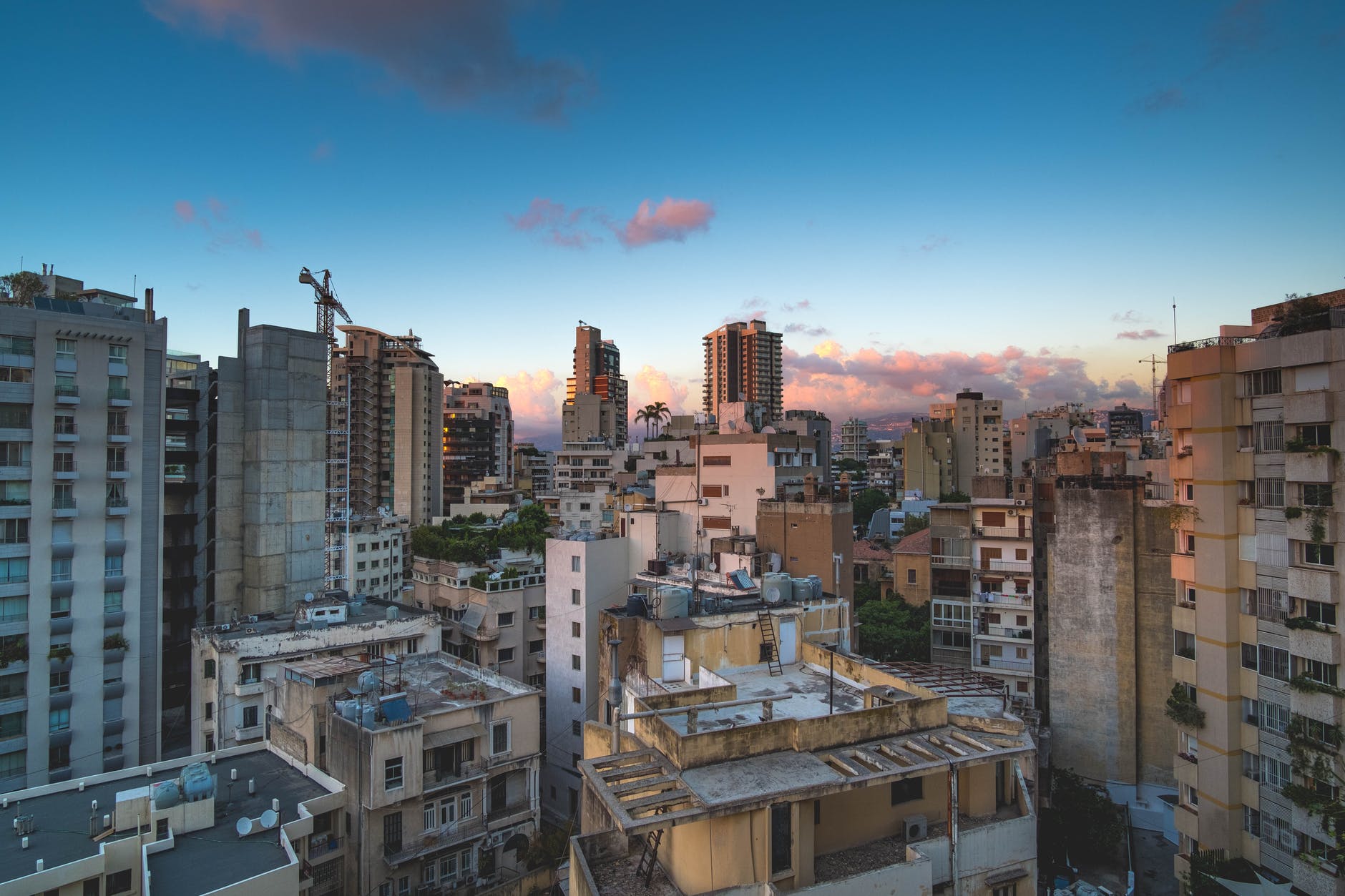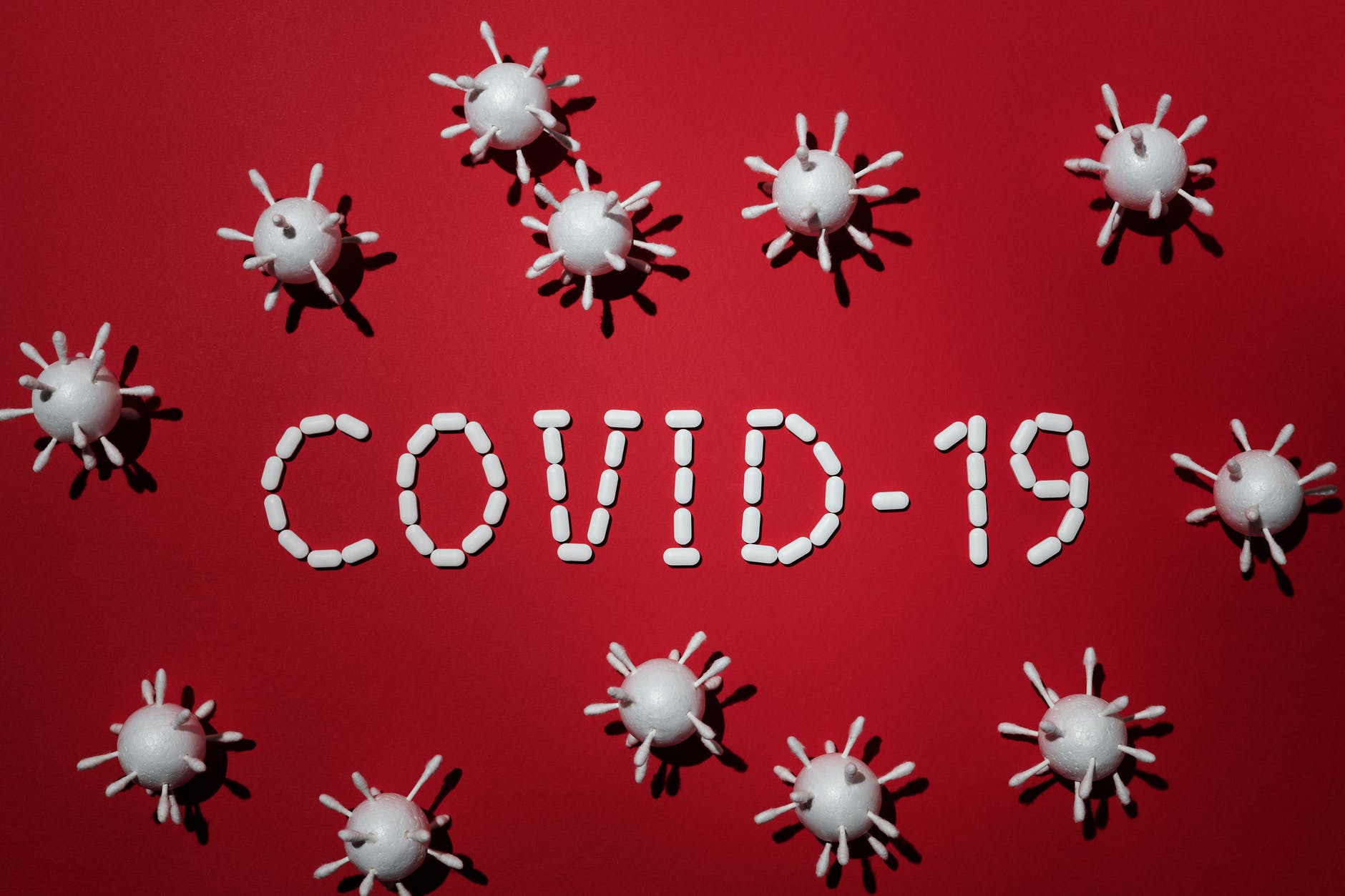15,000 respirators have been transferred to medical workers of Luhansk Oblast to fight the COVID-19 pandemic
Sievierodonetsk, Luhansk Oblast, 28 September 2020 – The European Union together with the United Nations Development Programme (UNDP) in Ukraine have donated a batch of 15,000 N95 valveless respirators to Luhansk Oblast Clinical Hospital to enhance the safety of health workers during the COVID-19 pandemic. The hospital is a level 3 medical facility that provides highly specialized routine and advisory medical care, as well as emergency medical care.
The transfer of the personal protective equipment worth U.S. $45,572 was carried out under the United Nations Recovery and Peacebuilding Programme with the financial support of the European Union.
The coordinator of the Local Governance and Decentralisation Reform Component of the UN Recovery and Peacebuilding Programme, Olena Ruditch, noted that doctors and medical workers are constantly at high risk of getting sick with the COVID-19 disease.
“The work to reinforce the resilience of medical institutions in eastern Ukraine continues, and the focus is now on the safety of medical staff,” Ruditch added. “Together with our European partners, we’re working to create conditions for doctors that are both safe, and that allow them to perform their work effectively and provide the necessary assistance to patients.”
The N95 respirator can block up to 95 percent of the smallest aerosol particles and filter the air, which may contain viruses and bacteria. This respirator provides better protection than a surgical mask or homemade protective equipment, as it can filter out both large and small air particles.
Respirators will help protect healthcare workers from viruses and bacteria that they could potentially inhale, either when transporting patients to medical facilities or during diagnosis and further treatment of patients directly at hospitals.
The Head of the Luhansk Oblast State Administration and Head of the Oblast Military-Civil Administration, Serhii Haidai, expressed his gratitude to the UN Recovery and Peacebuilding Programme for the systematic and repeated support of medical institutions in eastern Ukraine.
“At a time when the COVID-19 pandemic is raging in all countries of the world, I’m convinced that only together, by supporting each other, we can overcome the consequences of this dangerous disease and save human health and lives,” Haidai said.
Earlier in September UNDP and the EU supplied a batch of N95 protective respirators to medical institutions in Donetsk Oblast.
Background
The United Nations Recovery and Peacebuilding Programme (UN RPP) is being implemented by four United Nations agencies: the United Nations Development Programme (UNDP), the UN Entity for Gender Equality and the Empowerment of Women (UN Women), the United Nations Population Fund (UNFPA) and the Food and Agriculture Organization of the United Nations (FAO).
Thirteen international partners support the Programme: the European Union (EU), the European Investment Bank (EIB), the U.S. Embassy in Ukraine, and the governments of Canada, Denmark, Germany, Japan, the Netherlands, Norway, Poland, Sweden, Switzerland and the UK.
Media enquiries
Maksym Kytsiuk, Communications Associate, the UN Recovery and Peacebuilding Programme, [email protected], +380 63 576 1839













